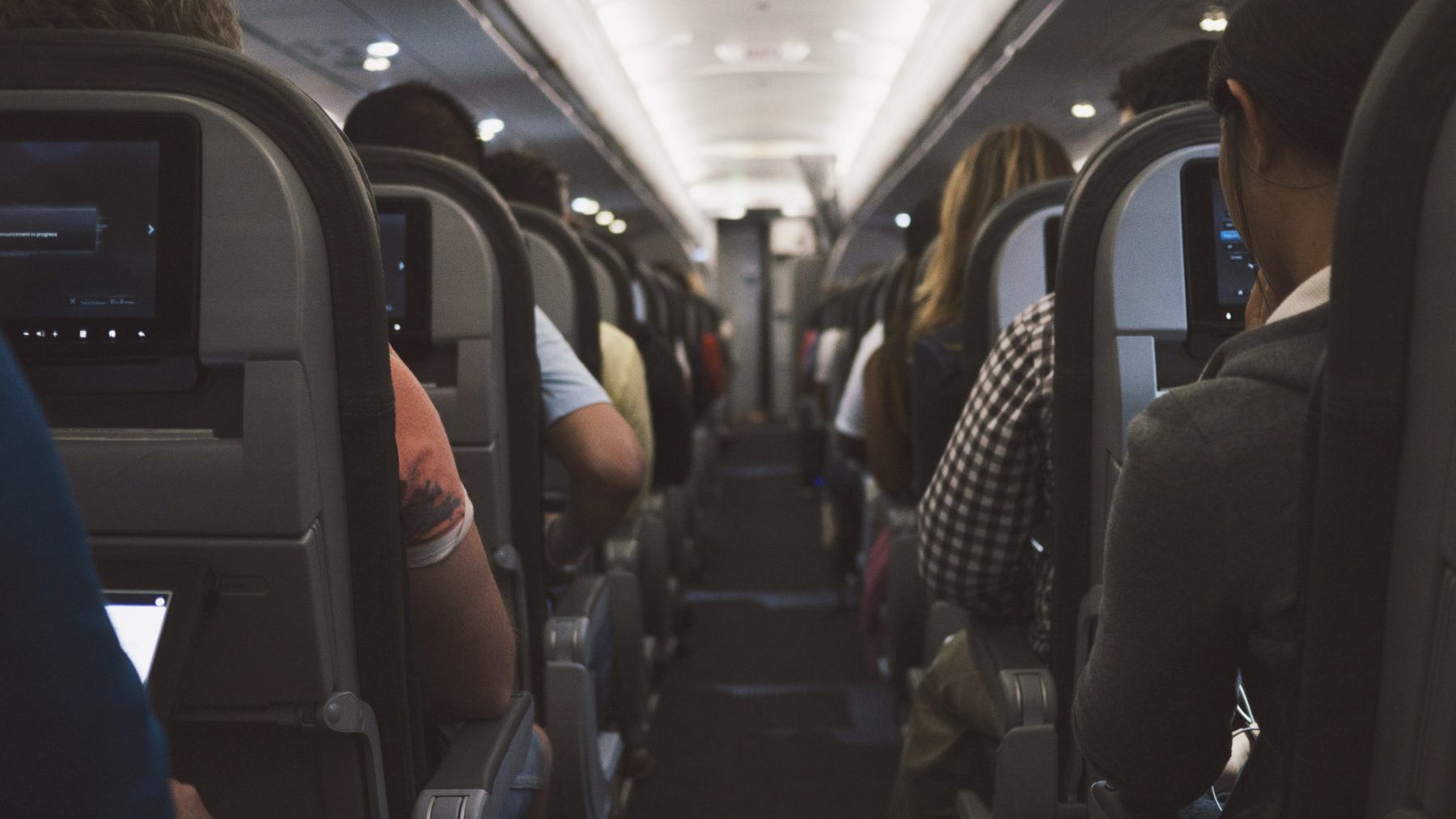The Economics of Bad Publicity: United Airlines Controversy
They say all publicity is good publicity – try telling that to United Airlines! Two weeks ago, it was castigated for refusing to let two girls in leggings board a plane, but it is now facing another controversy that could do irreparable damage to the company’s reputation and its pockets.
United Airlines makes the news again
So, what happened? On Sunday, a Chicago-to-Louisville flight was overbooked, and a change of circumstances meant that a group of flight crew needed to be in Louisville the next morning. An inducement was offered to the passengers to take a different flight – when this was rejected, a manager came onboard to select people. Three passengers left the aircraft voluntarily, but one man refused – he said he was a doctor, and that he had patients to see in the morning. Security were called, and they forcibly removed the man – images of his bloody face were soon to be found on the internet.
Your 0.09% probability of making over $1000 dollars in one go
Despite overbooking being fairly common (because empty seats cost money, and not all passengers show up), the cases of US passengers being bumped from airlines are relatively few. 2015 data shows that, of the more than 613 million passengers that year, only 552,000 were voluntarily denied boarding or asked to disembark the plane. That is 0.09%, a miniscule amount, and it drops to the even tinier 0.008% (46,000) who are involuntarily refused boarding. Normally, cases are handled at the departure gate, via the same protocols – an inducement of up to $1,350 is offered, as well as another flight and a hotel room for the night (if needed).
Legally, the company did nothing wrong. The captain is in charge of the aircraft and if they decide somebody has to be offloaded, the command must be obeyed. The moment the passenger refused to disembark, he became a ‘disruptive passenger,’ and the airline was within their rights to remove him (by force if necessary). It seems that the only person breaking the law was the man, and the airline would be within their rights to sue him (although it’s highly unlikely that will happen).
Reputation or profits?
However, the company is going to suffer both economically (in the short term) and in public opinion. Shares in United Continental Holdings, the airline’s parent company, dropped by more than 4% at one point, with nearly $1 billion (£800m) being wiped off its value. At the time of writing, shares are down 2.7% at $69.59.
The court of public opinion is where the company will really be hit though, and all it takes is one controversy to really sink a business. The Economist’s 1843 magazine has just ranked United Airlines, alongside American Airlines, as the most ‘unsatisying’ carrier. United’s CEO Oscar Munoz has been criticised for his response to events – he did not mention the use of force, instead apologising for: ‘having to re-accommodate these customers.’ The weak and poorly-judged nature of his response is all the more ironic as, last month, he was dubbed ‘PR communicator of the year’ by the magazine PR Week.
An online campaign has been launched urging passengers to boycott the airline, and memes about the company are doing the internet rounds. Aviation analysts don’t believe there will be a drop in demand for United’s flights, and the markets don’t predict any long-term economic damage to the company. The reputational hit will be a considerable one, however, and that is just as bad.

Comments